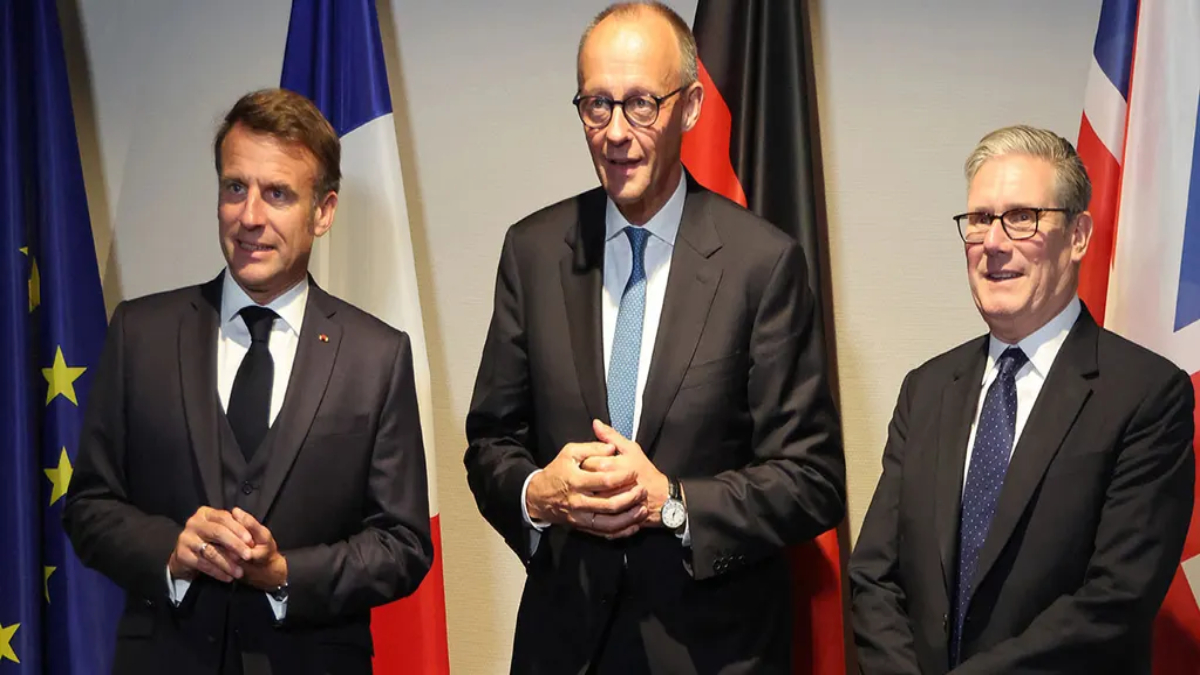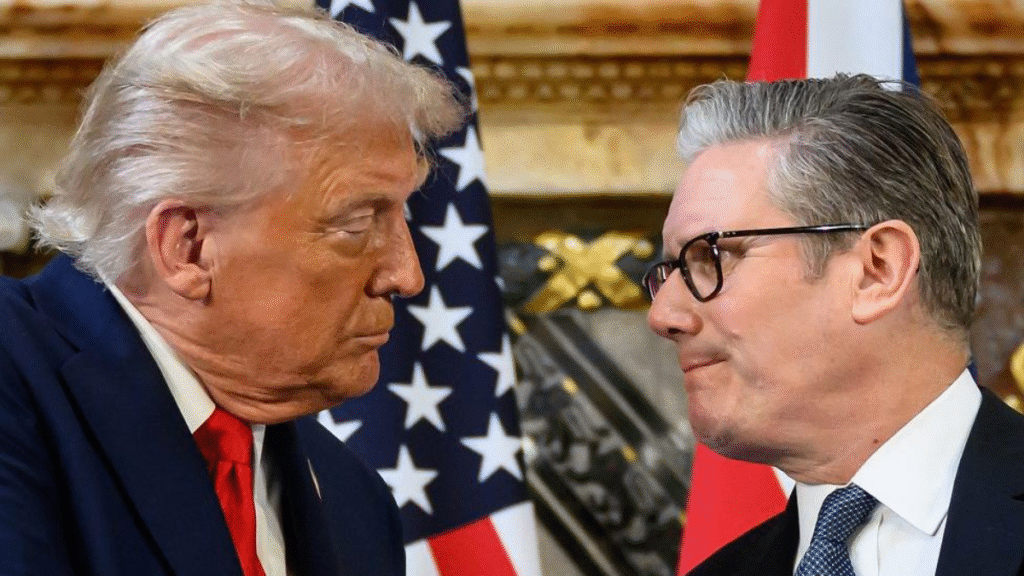Now Reading: Iran Recalls Top Envoys from Germany, France, and UK Amid UN Sanctions Showdown
-
01
Iran Recalls Top Envoys from Germany, France, and UK Amid UN Sanctions Showdown
Iran Recalls Top Envoys from Germany, France, and UK Amid UN Sanctions Showdown

In a significant diplomatic move highlighting escalating tensions, Iran has recalled its ambassadors from Germany, France, and the United Kingdom. The decision, announced by Iranian state media, comes directly in response to the three European nations—collectively known as the E3—triggering the “snapback” mechanism to reinstate sweeping United Nations sanctions against Tehran over its controversial nuclear program.
The envoys have been summoned back to Tehran for “consultations,” a customary diplomatic step used to signal strong displeasure with a host country’s policies. The Iranian Ministry of Foreign Affairs condemned the E3’s action as “irresponsible,” “illegal,” and a misuse of the dispute resolution mechanism embedded within the 2015 nuclear deal, formally known as the Joint Comprehensive Plan of Action (JCPOA).
The Sanctions ‘Snapback’
The diplomatic rupture is the culmination of a months-long standoff that intensified after the E3 initiated the process to reimpose UN sanctions. The “snapback” mechanism allows a signatory to the JCPOA to swiftly restore UN sanctions if a co-signatory is deemed to be in non-compliance with the accord.
Britain, France, and Germany asserted that Iran had repeatedly violated key limitations of the deal, citing Tehran’s increased uranium enrichment activities, including the accumulation of a highly enriched uranium stockpile, which they state has no credible civilian justification. The E3’s decision set a 30-day countdown for the reinstatement of the international penalties.
The full reimposition of UN sanctions—set to take effect this weekend—will severely restrict Iran’s economy. The measures include a conventional arms embargo, restrictions on ballistic missile development, and asset freezes on various Iranian entities and individuals linked to the nuclear program, further compounding the pressure already exerted by separate, severe U.S. sanctions.
Diplomatic Backlash and Failed Delay
Iran’s move to recall its top diplomats underscores its fury over the European role in the sanctions process. Tehran has consistently argued that since the U.S. unilaterally withdrew from the JCPOA in 2018, the European parties have failed to uphold their end of the bargain by providing Iran with the promised economic relief. The Islamic Republic’s countermeasures, which saw it gradually breach the nuclear deal’s limits, were, in its view, a legitimate response to the failure of the European signatories to counteract U.S. sanctions effectively.
The recalls follow a failed last-ditch attempt at the UN Security Council by Iran’s allies, Russia and China, to delay the sanctions. Their draft resolution, which proposed a six-month postponement to allow for renewed negotiations, failed to secure the necessary votes, paving the way for the sanctions to take effect. Britain’s UN envoy confirmed the snapback would proceed, noting the lack of a “concrete” diplomatic path forward agreed upon by all parties.
The current diplomatic crisis places significant strain on Iran’s already fragile relationship with Europe, which had sought to preserve the JCPOA even after the U.S. withdrawal. The move suggests Tehran is bracing for a new era of heightened international pressure and escalating its pushback against Western powers. Analysts suggest the recall is a clear message that Iran views the E3 as having sided against it, effectively burying the prospect of near-term diplomatic de-escalation surrounding its nuclear activities.










